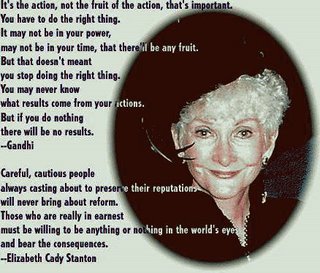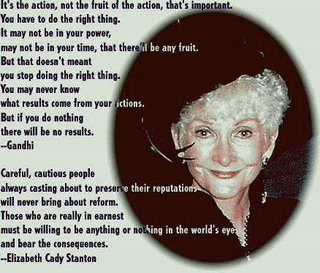
Transformation's Toll
By George F. Will
Tuesday, July 18, 2006; Page A19
Early on in the Iraq occupation, Rice argued that democratic institutions do not just spring from a hospitable political culture, they also can help create such a culture.
The Prince of Preciosity starts out with a grammar whopper: the dreaded comma splice. After “culture,” the bow-tied one should put a period or semicolon.
U.S. reticence is seemly, considering that terrorism has been Israel's torment for decades, and that America responded to two hours of terrorism one September morning by toppling two regimes halfway around the world with wars that show no signs of ending.
Le Will should not separate two dependent clauses joined by a coordinating conjunction with a comma. A comma separates two independent clauses joined by a coordinating conjunction, not two dependent clauses.
And perhaps because containment, although of uncertain success, did work against Stalin and his successors, and might be preferable to a war against a nation much larger and more formidable than Iraq. And if Bashar Assad's regime does not fall after the Weekly Standard's hoped-for third war, with Iran, does the magazine hope for a fourth?
The comma after “successors” wrongly separates a compound verb. The “with Iran” is a restrictive prepositional phrase: no commas.
As for the "healthy" repercussions that the Weekly Standard is so eager to experience from yet another war: One envies that publication's powers of prophecy but wishes it had exercised them on the nation's behalf before all of the surprises -- all of them unpleasant -- that Iraq has inflicted.
The colon is dead wrong: a full sentence should precede it. Mr. Will should use a comma, not a colon.
Neoconservatives have much to learn, even from Buddy Bell, manager of the Kansas City Royals.
The “even phrase is restrictive: no comma.
In their next game, the Royals extended their losing streak to 11 and in May lost 13 in a row.
“Royals” is a team: the word is plural in form but singular in meaning. Both “their’s” should be “it.”

